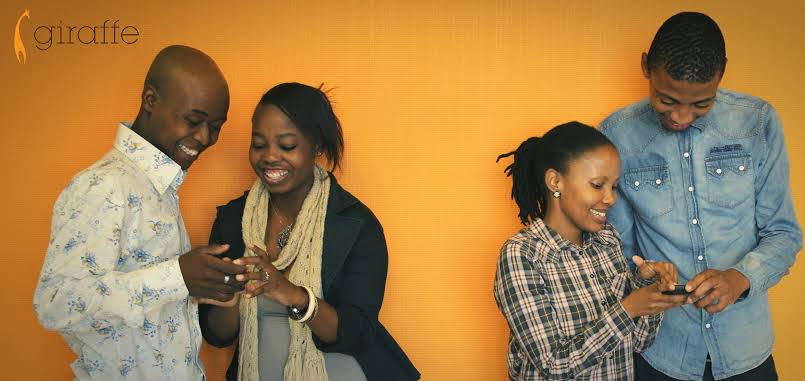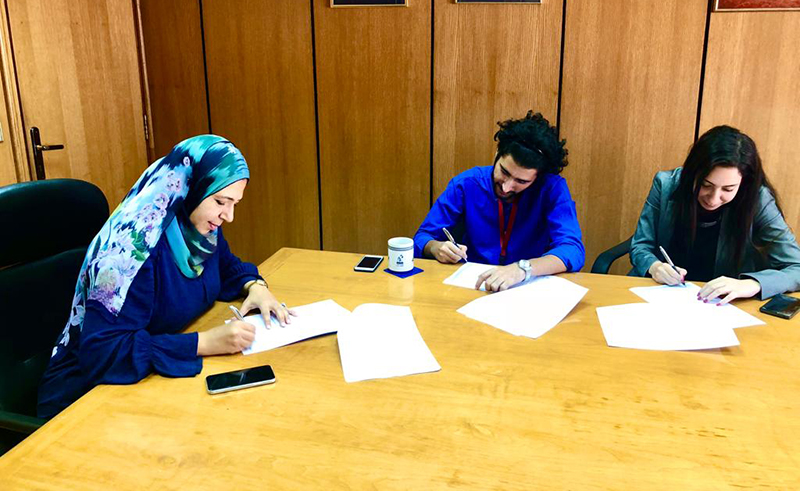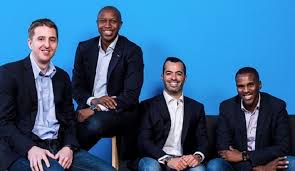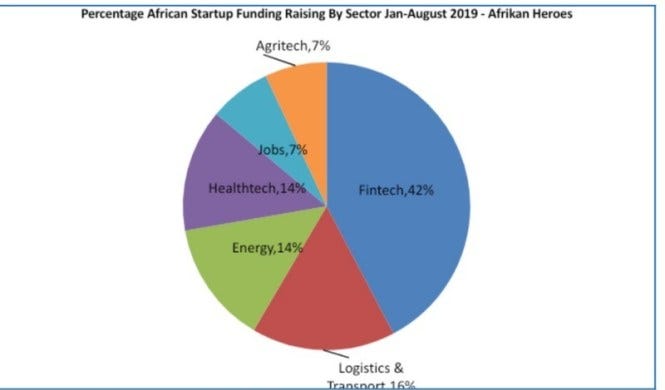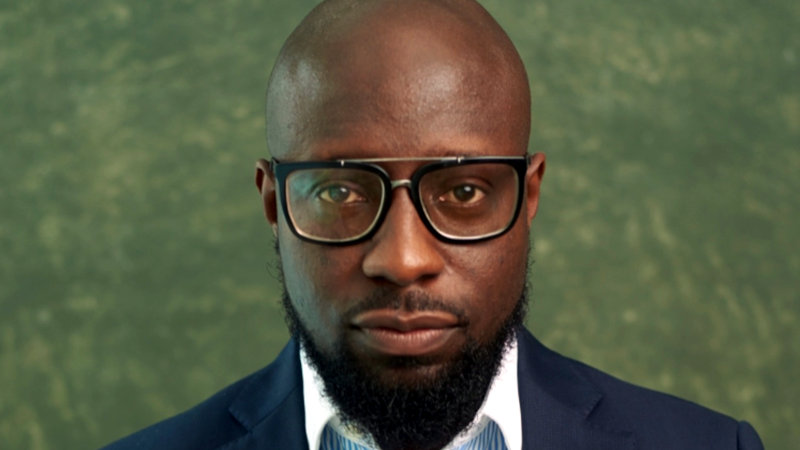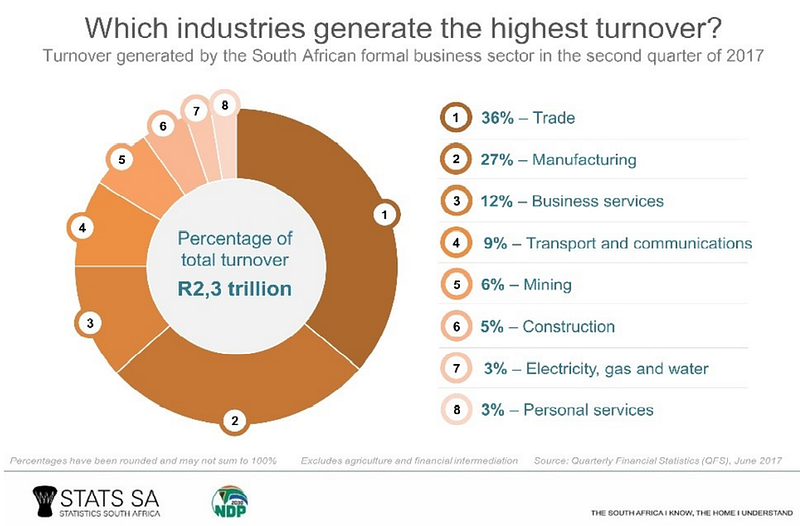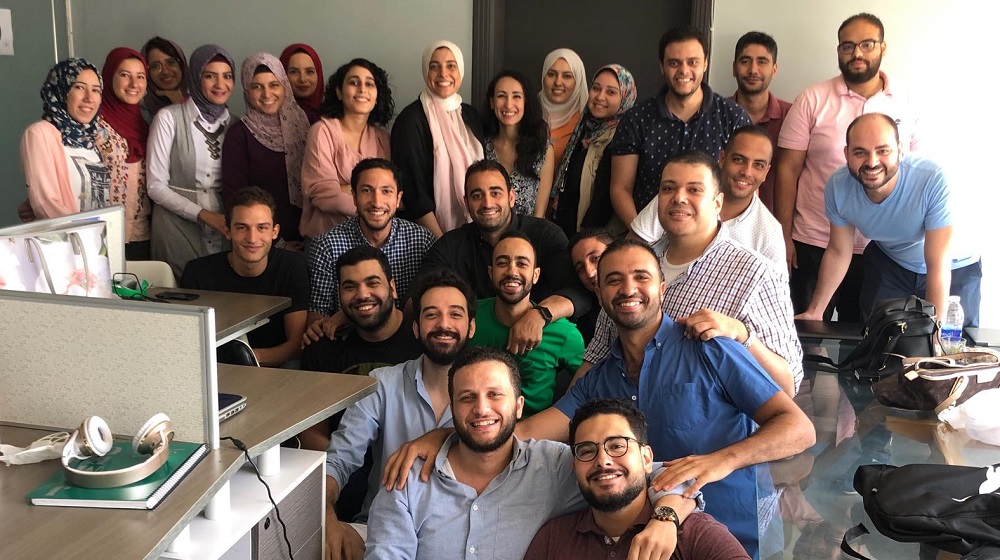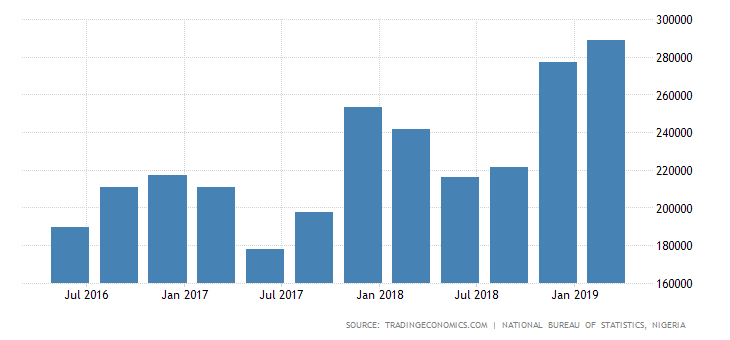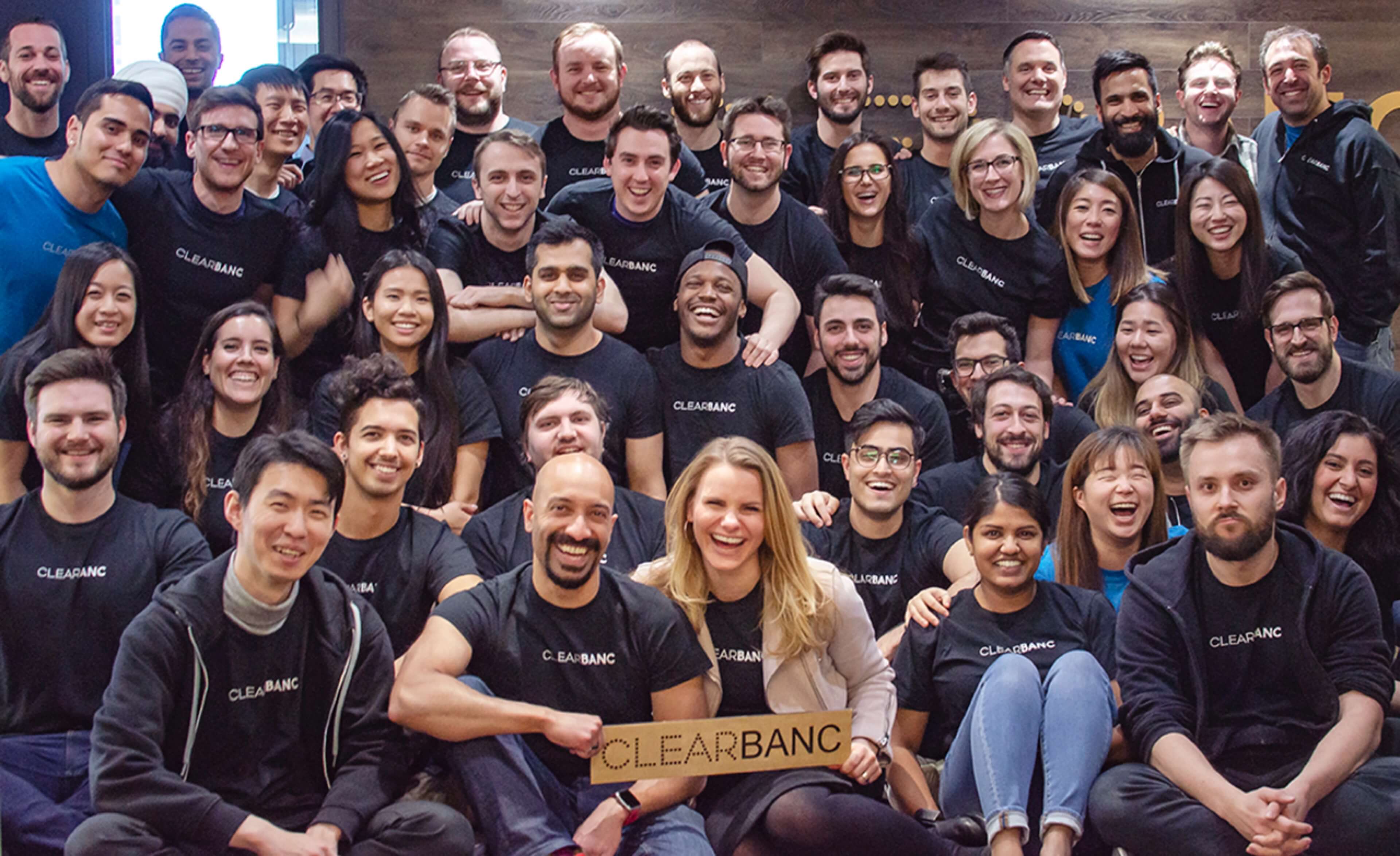How Giraffe Played The VC Game (And Won Funding)
Local start-up Giraffe has accomplished what many entrepreneurs would consider impossible: Not only did it win the Seedstars World’s Best Global Startup Award, it has also secured funding from Silicon Valley VC firm Omidyar Network. Here’s how the founders have managed it.
Vital Stats
- Players: Anish Shivdasani and Shafin Anwarsha
- Company: Giraffe
- Established: 2015
- Background: Giraffe is a fully-automated mobile recruitment agency service that enables businesses to recruit medium-skilled workers quickly and affordably.
- Visit: giraffe.co.za
Most start-ups would kill for the sort of trajectory Giraffe has enjoyed over the last 18 months. Since launching early in 2015, the company has enjoyed solid growth and traction, received some great PR, walked away with an international award and managed to secure funding from a Silicon Valley VC firm.
This is all incredibly impressive, and there’s no doubt that most start-ups would love to emulate Giraffe’s success. So how have company founders Anish Shivdasani and Shafin Anwarsha managed to get the whole world talking about Giraffe? Here’s their advice on attracting VCs to your start-up.
Solve a real problem
“We looked at the South African landscape and identified unemployment as a real problem. Then we asked ourselves how we could use technology to address and remedy the problem in the short term, if not solve it,” says Anish Shivdasani.
“We did this for two reasons: Firstly, we felt that there was a certain obligation to try and solve a real problem that the country was dealing with. Secondly, we realised that by looking at an emerging-market problem, it was not something that Silicon Valley start-ups would be looking at. We wouldn’t be competing with large and well-funded companies.”
So what does Giraffe do? Essentially, it allows jobseekers to upload a CV to the company’s mobi site for free. When employers need to hire, they simply submit a staff request at www.giraffe.co.za and algorithms sort through the thousands of CVs in the database and automatically identify, contact and schedule interviews with relevant candidates.
“We wanted to make the hiring process as easy and hassle-free as possible, both for employers and jobseekers. This meant coming up with an innovative solution. We created a system that allowed a CV to be completed quickly, but that didn’t require a lot of text. The system navigates a jobseeker through various options, ascertaining his or her skills and experience. So you don’t need to deal with hard-to-understand text,” says Shivdasani.
Lesson: Come up with a truly innovative product or service, and you’ll find that funding isn’t nearly as hard to come by as people often say. Build a solid company that addresses a real problem, and funding will find its way to you.

Bootstrap as much as possible
Unless you’re a hot Silicon Valley start-up with unicorn potential, you’re unlikely to attract funding until you’ve shown some traction.
Shivdasani and Anwarsha didn’t even think about funding during the early days of Giraffe. “We were focused on getting the platform and the business going,” says Shivdasani. “We had put our own money into the business and managed to give ourselves 12 months of runway. For that period, we didn’t give any thought to VCs and funding.”
“We also found that VCs will usually be reluctant to invest if you haven’t bootstrapped for a while,” adds Anwarsha. “They want to see that your company has some traction, and they want to see that you’re invested — that you’ve put your own money into the business and that you are committed to making it work.”
Lesson: Bootstrapping your business is a good idea. The best way to build a sustainable company is to spend as little money as possible up-front and get cashflow-positive as quickly as possible. Depending on funding for survival is risky. What if the money falls through? Create a business that can sustain itself. Rely on funding only for scaling.
Let the money come to you
“While we bootstrapped early on, we also met with investors. These were mostly people we had been put in contact with via our own personal networks,” says Shivdasani. “Importantly, we never asked for money. In fact, to this day, we haven’t asked for money. We simply introduced ourselves to investors and placed Giraffe on their radar.”
By introducing potential funders to the company, but not asking for money, the founders of Giraffe let the company’s performance speak for itself.
“We simply stated our intentions when we met with investors. When we saw them again six or twelve months later, we could tell them that we had followed through on our plans. We had attained some real traction, which made us worth investing in,” says Anwarsha.
Lesson: It is a stark reality of the start-up scene that the companies without much of a need for funding are usually the companies that attract it. This is hardly surprising. Investors want to fund companies with growth potential, not start-ups struggling for survival. So, focusing too much on attracting investment can be counter-productive. Instead, get the fundamentals right. Build a sustainable business. If you do that, the money will eventually come to you.
Don’t underestimate the value of PR
“While working together in the boardroom, I received an email from SeedStars to take part in the South African leg of its global start-up competition,” recalls Anwarsha.
“Anish told me to forget about the mail and get back to work. We were very careful not to be distracted from our primary goal of building the company, but I was keen to give it a try. Anish said it was okay, but there was one condition: Make sure you win.” Anwarsha did win, and it had a profound and immediate impact on the company.
“Until that moment, we had underestimated the impact that good PR could have,” says Shivdasani. “I was interviewed by John Robbie on 702 for a few minutes. Suddenly our servers were being overrun with new jobseekers and employers. It made us realise that entering things like start-up competitions is a good idea because of the PR it can generate.”
Lesson: Marketing can be useful, but nothing compares to great PR when trying to introduce your start-up to the world. Winning a start-up competition — of which there are no shortage these days — is a good way to do it. Another is to contact media houses and pitch your story. It’s important, though, to focus on the problem you are solving. Journalists are particularly interested in companies that are either innovative, or working at solving social issues.
Don’t just take the money

It’s very hard to say no to VC money, but before you grab anyone’s cash, it’s worth taking a moment to consider the long-term implications.
“It’s important to get on with the people who will be investing in your company. You need to be able to work with them. We were approached by another investor as well, but we ended up going with Omidyar Network — who had approached us after we won the local SeedStars event — because the firm was asking the right questions. They grilled us hard, but we realised that as an impact investor, they could bring value to the business,” says Anwarsha.
Giraffe has also been careful in how much investment it has actually accepted.
“After winning the local SeedStars competition, I travelled to Switzerland to represent Giraffe in the global event,” says Anwarsha. “To my complete surprise, I won. It was a surreal experience.”
The prize came with a maximum investment from SeedStars of $500 000, but Giraffe was reluctant to take it.“We had already closed a round of funding and had enough runway for at least 18 months,” says Shivdasani.
Lesson: Equity in a start-up can be cheap, and many founders have kicked themselves for giving away too much too soon. That’s why it’s important to keep operating with that bootstrapping mentality, even if you’ve received some investment. You want money to last as long as possible. The less money you need, after all, the less of your company you need to give away.
Take note
If no one is willing to invest in your idea, you should take another careful look at it. Focus on solving a real problem and the money will usually follow.
GG van Rooyen is a Senior Copywriter at PageFreezer Software, Inc.
Charles Rapulu Udoh

Charles Rapulu Udoh is a Lagos-based Lawyer with special focus on Business Law, Intellectual Property Rights, Entertainment and Technology Law. He is also an award-winning writer. Working for notable organizations so far has exposed him to some of industry best practices in business, finance strategies, law, dispute resolution, and data analytics both in Nigeria and across the world

